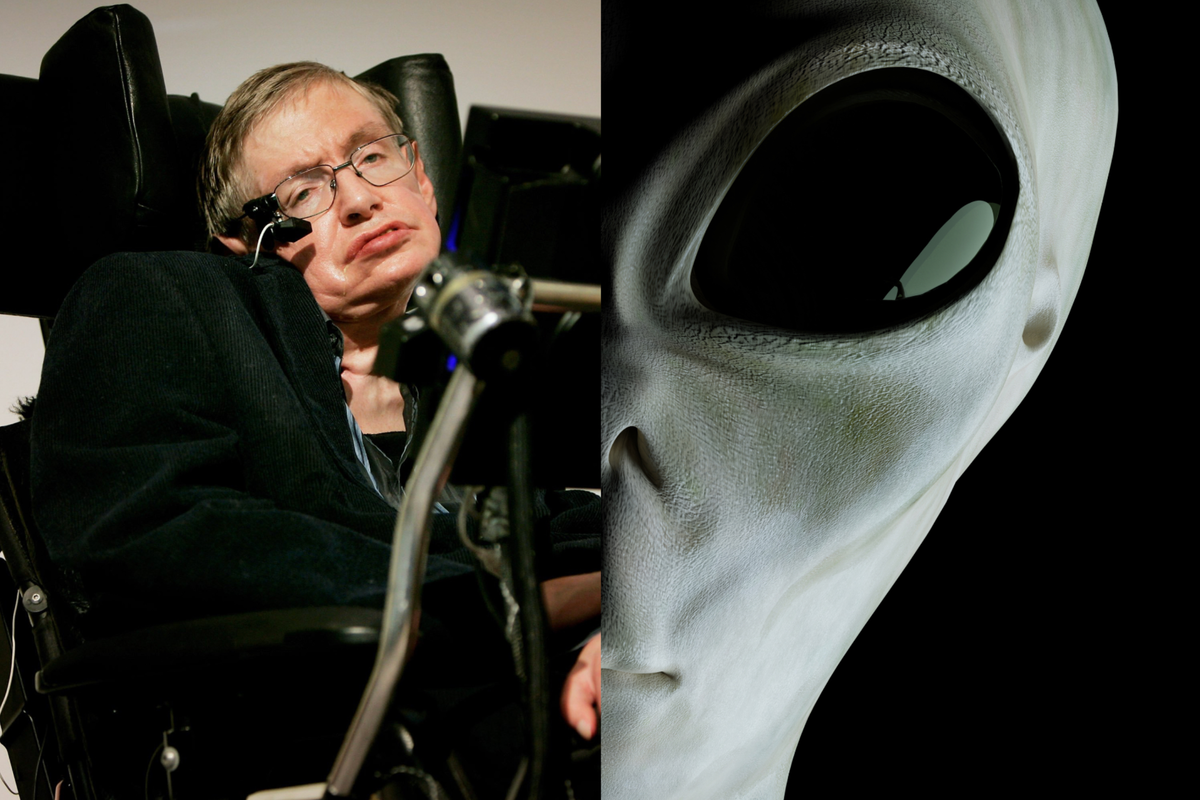Caffeine is the vice for many people to keep energy levels high during the day. That said, too much consumption can cause health problems, according to experts.
Rowan Connell, Chief Medical Officer at Benenden Health explains that while there's "nothing wrong" with enjoying a coffee as a pick me up, "there's a limit to the amount of caffeine you should consume per day."
"You should not consume more than 400mg of caffeine per day - which is about the same as six instant coffees. If you regularly consume an excessive amount of caffeine, it can lead to symptoms such as trouble sleeping, digestive issues, high blood pressure, and increased feelings of anxiety," he said.
People are becoming more aware of the said issues, with searches for 'caffeine alternatives' spiking by 300 per cent.
To help those looking for natural ways to increase their energy levels throughout the day, the experts at Benenden Health have shared five top tips:
Be mindful of your caffeine intake
Before you kick the coffee, you first need to understand how much caffeine you are drinking a day. There are plenty of online resources which break down the amount of caffeine in your favourite beverages.
You can also check the label of most in-store products to see exactly how many milligrams of caffeine they contain. From chocolate to medication, you might be shocked at how much caffeine you are consuming without even realising it.
Eat energy-boosting foods
To boost your energy naturally, and remove your reliance on that morning cuppa, try increasing the amount of protein and complex carbohydrates in your diet. These include almonds and oats, that release energy slowly throughout the day.
You can increase vitamin C in your diet by eating more fruit and vegetables, such as oranges, apples, broccoli, and strawberries. This energy-boosting vitamin contributes to the functioning of your metabolism, helping to reduce fatigue.
Although it might be tempting to replace these foods with an energy drink for a quick fix, you should know that this will do more harm than good. Being high in both caffeine and sugar, these drinks cause an initial spike in blood sugar levels followed by a crash. These fluctuations can also lead to fragmented sleep, stopping you from feeling refreshed in the morning.
Exercise daily
Even if you’re lacking energy, getting your blood flowing is a great way to boost energy levels.
In fact, studies have shown that even 30 minutes of moderate exercise five times a week increases your blood oxygen levels[1], which helps sustain energy levels throughout the day.
So, whether you start running every day or take up regular yoga sessions, exercising regularly can help minimise your reliance on caffeine.
Sleep for at least seven hours
Research has found that UK adults sleep an average of six hours a night. This means that two-thirds of Brits are failing to get the recommended amount of at least seven hours.
Of course, it’s easier said than done, but getting a better night’s sleep will leave you less reliant on a caffeinated pick-me-up during the day.
If you’re really struggling to doze off at night, try improving your sleep hygiene. This could include establishing a consistent bedtime routine, avoiding drinking alcohol before bed, and eating earlier in the evening.
Stay hydrated
Given that our bodies are comprised of roughly 70% water, even mild dehydration can impair your alertness. To avoid this tired feeling, aim to drink at least 2.7 litres of water a day.
You should also be cautious of foods and drinks that can actively dehydrate you. Coffee and other caffeinated beverages are a prime example of this, as they can increase urine production, affecting your hydration levels.
How to join the indy100's free WhatsApp channel
Sign up for our free Indy100 weekly newsletter
Have your say in our news democracy. Click the upvote icon at the top of the page to help raise this article through the indy100 rankings.













